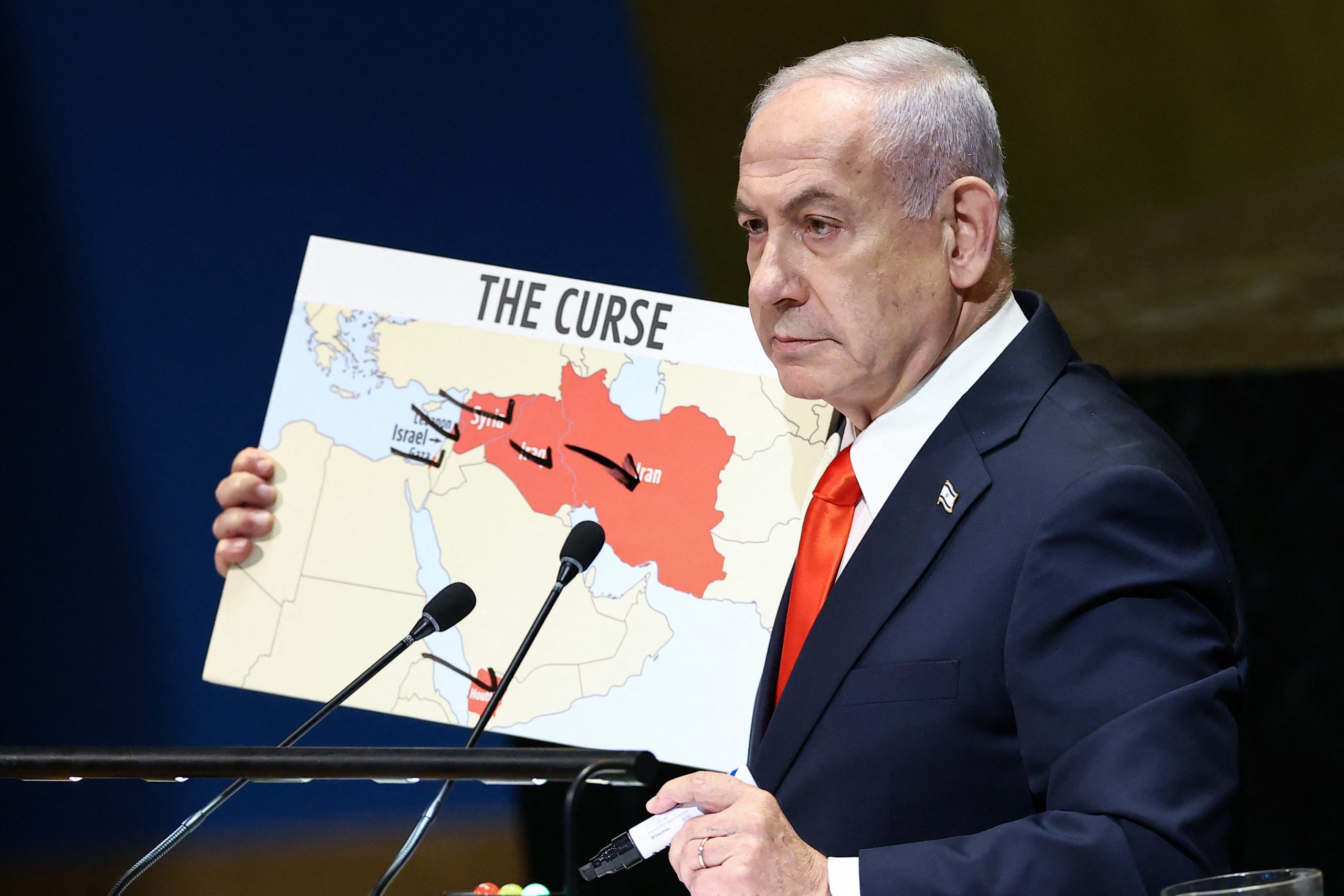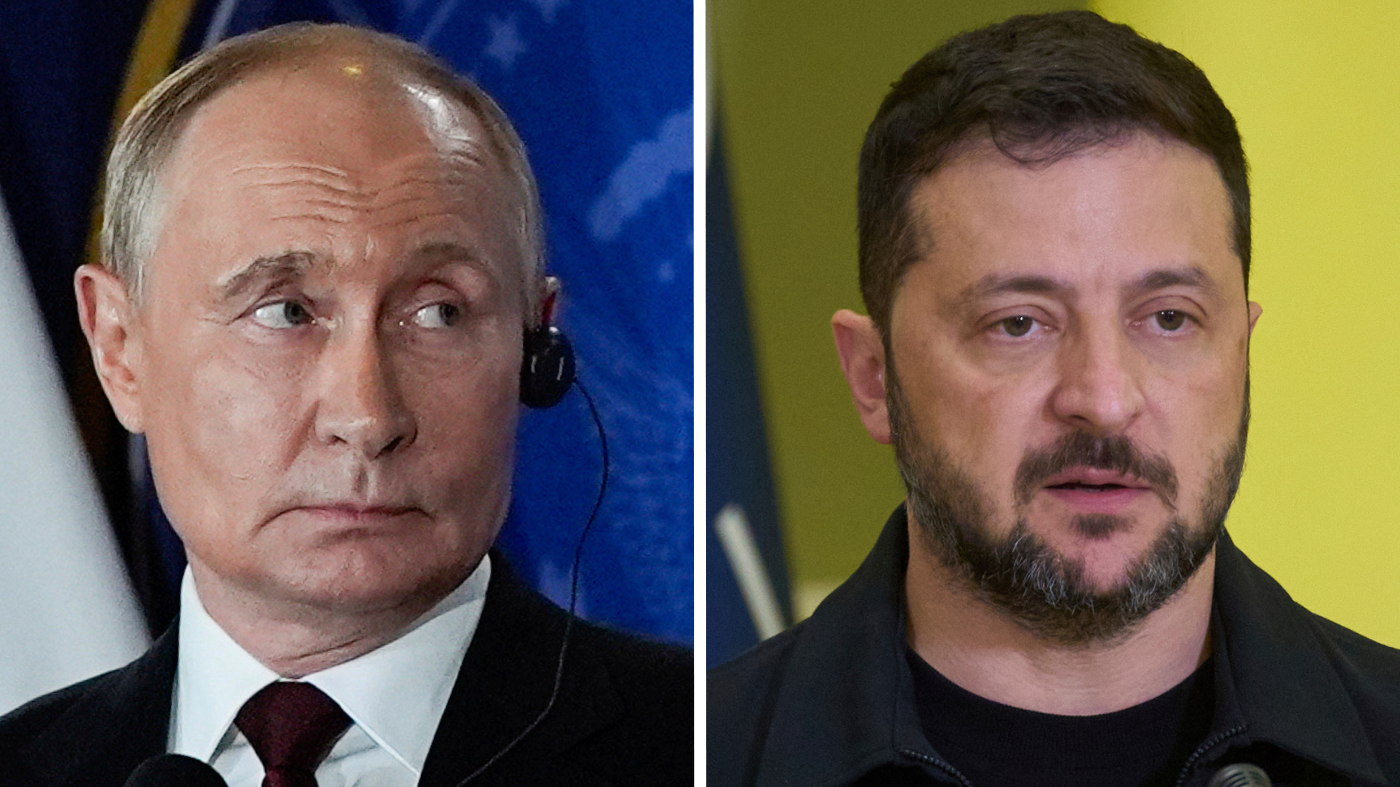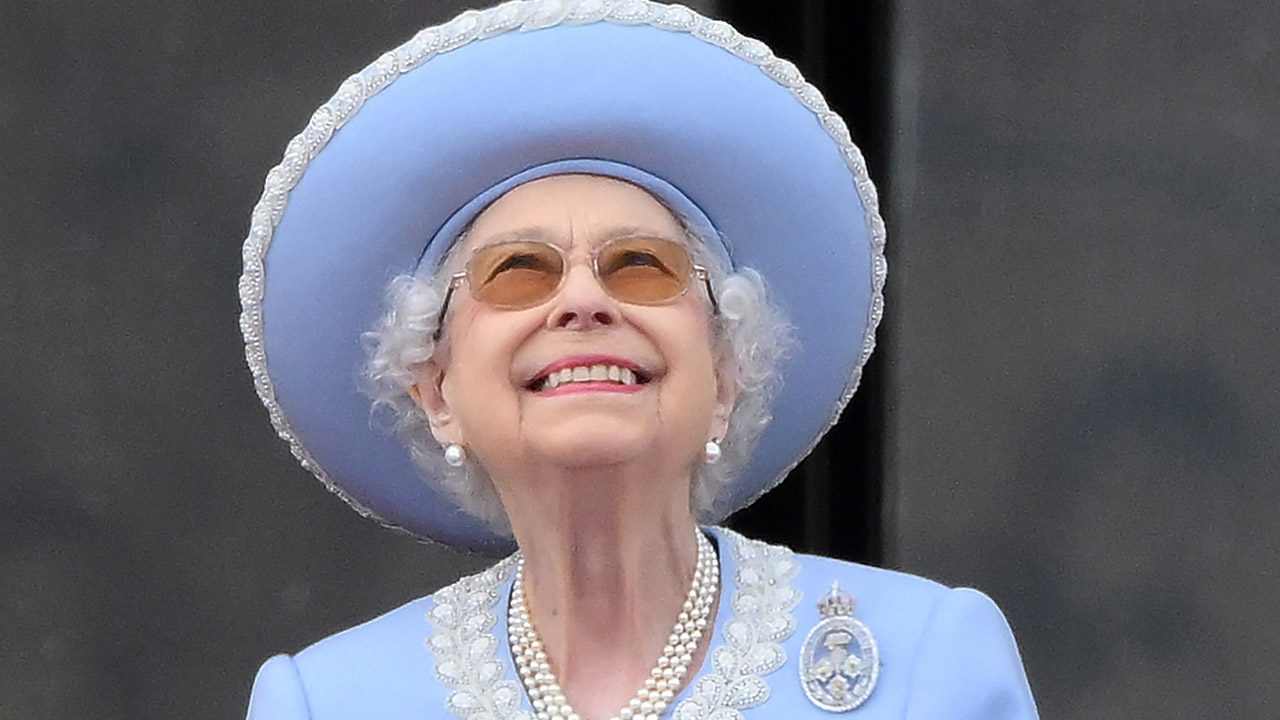
It seemed the world was pregnant with emotions. Everybody awaited information about the world’s longest-reigning monarch, Queen Elizabeth II’s health. Buckingham Palace had confirmed at lunchtime yesterday that Her Majesty had been under medical supervision at Balmoral, after her doctors had become ‘concerned’ about her health.
In a statement, Buckingham Palace said: “Following further evaluation this morning, The Queen’s doctors are concerned for Her Majesty’s health and have recommended she remain under medical supervision.”
It added: “The Queen remains comfortable and at Balmoral.”
The world had waited to hear the four simple words: ‘London Bridge is down’. The phrase referring to ‘Operation London Bridge’, Britain’s not so secret plan for how to proceed in the event of the monarch’s passing.
But Buckingham Palace only said the Queen ‘died peacefully’ at Balmoral.
Prince Charles and his wife, Camilla, were with the queen yesterday, while all of the Queen’s children, as well as the Duke of Cambridge, travelled immediately to Balmoral.
Although the plan itself has been public knowledge for years, the renewed focus on the Queen’s deteriorating health puts the details of those plans, much of which was leaked to Politico last year, as well as how those plans could change, into sharp relief.
The death came one day after the 96-year-old monarch pulled out of a Privy Council meeting, which was to be held virtually, after her doctors advised her to rest.
The Prime Minister Liz Truss said: “And with the passing of the second Elizabethan age, we usher in a new era in the magnificent history of our great country, exactly as Her Majesty would have wished, by saying the words ‘God save the King’.”
The funeral is expected to hold 10 days after the Queen’s death.
Should that happen at her Balmoral estate in Scotland, where the Queen is currently, her coffin will be transported down to London by royal train (dubbed Operation UNICORN) or by plane (Operation OVERSTUDY), where the Prime Minister and other senior government figures will receive it.
When the news came, government business came to a halt, with the U.K. parliament, as well as its devolved legislatures in Northern Ireland, Scotland, and Wales, being adjourned.
In Whitehall, the London neighbourhood where the British government sits, flags were flown at half-mast. A planned strike by Royal Mail workers for today was called off by the Communication Workers Union.
Also, today’s match between England and South Africa (men) at The Oval, along with all scheduled matches in the Rachel Heyhoe Flint Trophy, will not hold, the England and Wales Cricket Board has said.
Her four children, eight grandchildren and 12 great-grandchildren survive Queen Elizabeth II.
BORN April 21, 1926, in London, England, she became queen of the United Kingdom of Great Britain and Northern Ireland on February 6, 1952. In 2015, she surpassed Victoria to become the longest-reigning monarch in British history.
Elizabeth II, in full Elizabeth Alexandra Mary, officially Elizabeth II, by the Grace of God, of the United Kingdom of Great Britain and Northern Ireland and of her other realms and territories Queen, Head of the Commonwealth, Defender of the Faith,
Elizabeth was the elder daughter of Prince Albert, duke of York, and his wife, Lady Elizabeth Bowes-Lyon.
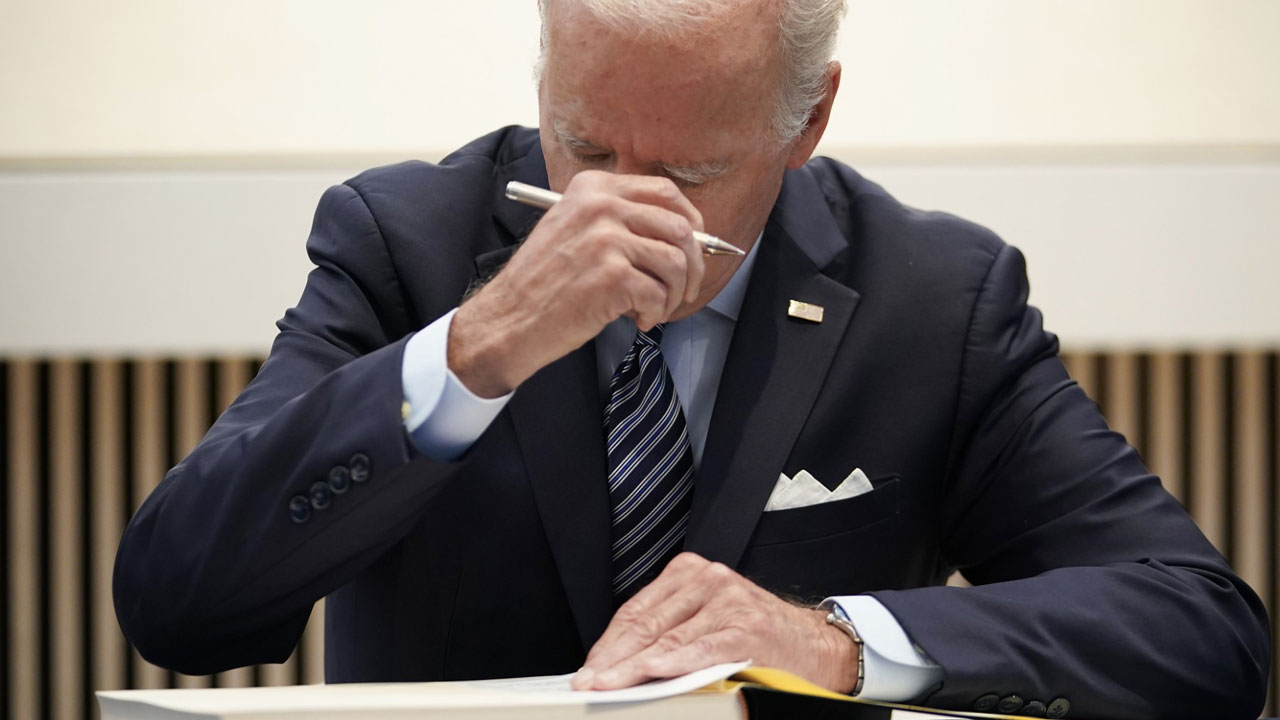
As the child of a younger son of King George V, the young Elizabeth had little prospect of acceding to the throne until her uncle, Edward VIII (afterward duke of Windsor), abdicated in her father’s favour on December 11, 1936, at which time her father became King George VI and she became heir presumptive.
Her mother, who entrusted her daughters to a governess, Marion Crawford, supervised the princess’ education; the princess was also grounded in history by C.H.K. Marten, afterward provost of Eton College, and had instruction from visiting teachers in music and languages.
During World War II she and her sister, Princess Margaret Rose, perforce spent much of their time safely away from the London blitz and separated from their parents, living mostly at Balmoral Castle in Scotland and at the Royal Lodge, Windsor, and Windsor Castle.
Early in 1947, Princess Elizabeth went with the king and queen to South Africa. After her return, there was an announcement of her betrothal to her distant cousin Lieutenant Philip Mountbatten of the Royal Navy, formerly Prince Philip of Greece and Denmark.
The marriage took place in Westminster Abbey on November 20, 1947. On the eve of the wedding, her father, the king, conferred upon the bridegroom the titles of duke of Edinburgh, earl of Merioneth, and Baron Greenwich. They took residence at Clarence House in London.
Their first child, Prince Charles (Charles Philip Arthur George), was born November 14, 1948, at Buckingham Palace.
In the summer of 1951, the health of King George VI entered into a serious decline, and Princess Elizabeth represented him at the Trooping the Colour and on various other state occasions.
On October 7 she and her husband set out on a highly successful tour of Canada and Washington, D.C. After Christmas in England she and the duke set out in January 1952 for a tour of Australia and New Zealand, but en route, at Sagana, Kenya, news reached them of the king’s death on February 6, 1952.
Elizabeth, now queen, at once flew back to England. The first three months of her reign, the period of full mourning for her father, were passed in comparative seclusion. But in the summer, after she had moved from Clarence House to Buckingham Palace, she undertook the routine duties of the sovereign and carried out her first state opening of Parliament on November 4, 1952. Her coronation was held at Westminster Abbey on June 2, 1953.
Beginning in November 1953 the queen and the duke of Edinburgh made a six-month round-the-world tour of the Commonwealth, which included the first visit to Australia and New Zealand by a reigning British monarch.
In 1957, after state visits to various European nations, she and the duke visited Canada and the United States. In 1961 she made the first royal British tour of the Indian subcontinent in 50 years, and she was also the first reigning British monarch to visit South America (in 1968) and the Persian Gulf countries (in 1979). During her “Silver Jubilee” in 1977, she presided at a London banquet attended by the leaders of the 36 members of the Commonwealth, travelled all over Britain and Northern Ireland, and toured overseas in the South Pacific and Australia, Canada, and in the Caribbean.
On the accession of Queen Elizabeth, her son Prince Charles became heir apparent; he was named Prince of Wales on July 26, 1958, and was so invested on July 1, 1969.
The queen’s other children were Princess Anne (Anne Elizabeth Alice Louise), born August 15, 1950, and created princess royal in 1987; Prince Andrew (Andrew Albert Christian Edward), born February 19, 1960, and created duke of York in 1986; and Prince Edward (Edward Anthony Richard Louis), born March 10, 1964, and created earl of Wessex and Viscount Severn in 1999.
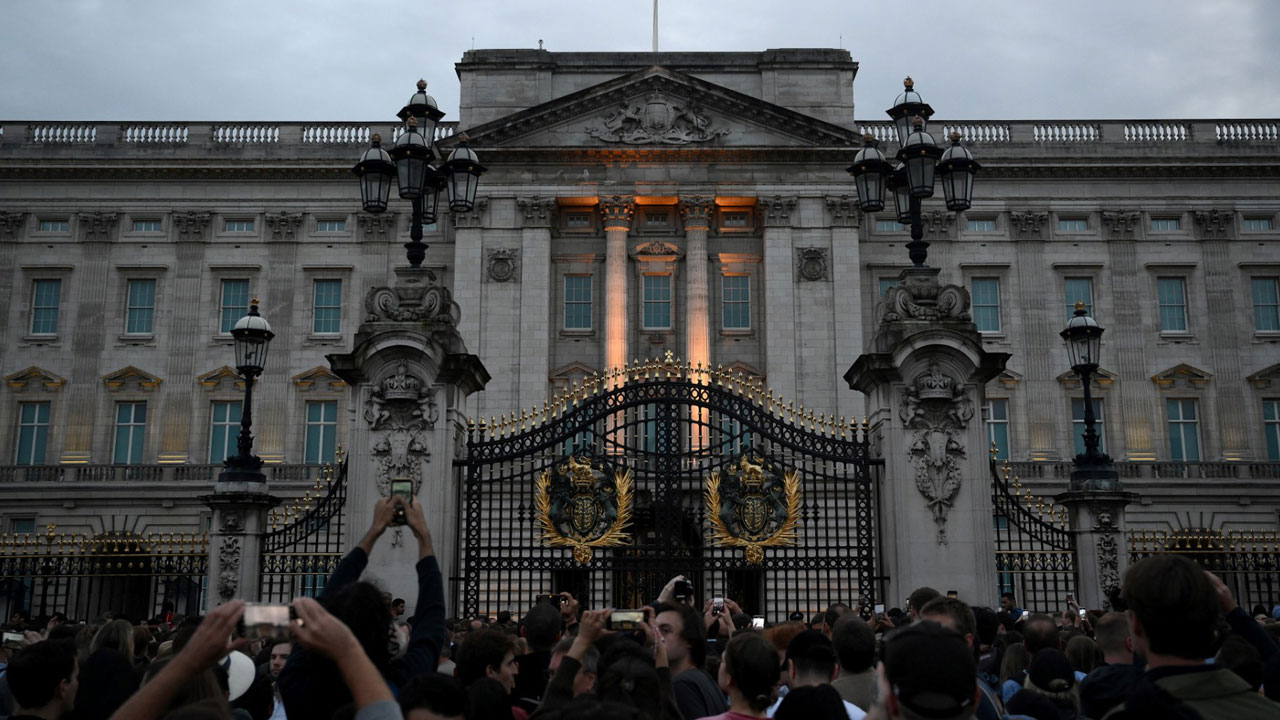
All these children have the surname “of Windsor,” but in 1960, Elizabeth decided to create the hyphenated name Mountbatten-Windsor for other descendants not styled prince or princess and Royal Highness.
Elizabeth’s first grandchild (Princess Anne’s son) was born on November 15, 1977.
The queen seemed increasingly aware of the modern role of the monarchy, allowing, for example, the televising of the royal family’s domestic life in 1970 and condoning the formal dissolution of her sister’s marriage in 1978. In the 1990s, however, the royal family faced a number of challenges.
In 1992, a year that Elizabeth referred to as the royal family’s annus horribilis, Prince Charles and his wife, Diana, princess of Wales, separated, as did Prince Andrew and his wife, Sarah, Duchess of York. Moreover, Anne divorced, and a fire gutted the royal residence of Windsor Castle. In addition, as the country struggled with a recession, resentment over the royals’ lifestyle mounted, and in 1992 Elizabeth, although personally exempt, agreed to pay taxes on her private income.
The separation and later divorce (1996) of Charles and the immensely popular Diana further eroded support for the royal family, which was viewed by some as antiquated and unfeeling. The criticism intensified following Diana’s death in 1997, especially after Elizabeth initially refused to allow the national flag to fly at half-staff over Buckingham Palace.
In line with her earlier attempts at modernising the monarchy, the queen subsequently sought to present a less-stuffy and less-traditional image of the monarchy. These attempts were met with mixed success.
In 2002, Elizabeth celebrated her 50th year on the throne. As part of her “Golden Jubilee,” events were held throughout the Commonwealth, including several days of festivities in London. The celebrations were somewhat diminished by the deaths of Elizabeth’s mother and sister early in the year.
Beginning in the latter part of the first decade of the 21st century, the public standing of the royal family rebounded, and even Charles’s 2005 marriage to Camilla Parker Bowles found much support among the British people.
In April 2011, Elizabeth led the family in celebrating the wedding of Prince William of Wales—the elder son of Charles and Diana—and Catherine Middleton. The following month she surpassed George III to become the second longest-reigning monarch in British history, behind Victoria.
Also in May, Elizabeth made a historic trip to Ireland, becoming both the first British monarch to visit the Irish republic and the first to set foot in Ireland since 1911. In 2012 Elizabeth celebrated her “Diamond Jubilee,” marking 60 years on the throne. On September 9, 2015, she surpassed Victoria’s record reign of 63 years and 216 days.
In August 2017, Prince Philip officially retired from public life, though he periodically appeared at official engagements after that. In the meantime, Elizabeth began to reduce her own official engagements, passing some duties on to Prince Charles and other senior members of the royal family, though the pool of stand-ins shrank when Charles’s younger son, Prince Harry, duke of Sussex, and his wife, Meghan, Duchess of Sussex, controversially chose to give up their royal roles in March 2020.
During this period, public interest in the queen and the royal family grew as a result of the widespread popularity of The Crown, a Netflix television series about the Windsors that debuted in 2016. Having dealt with several physical setbacks in recent years, Philip, who had been Elizabeth’s husband for more than seven decades, died in April 2021.
On their 50th wedding anniversary, in 1997, Elizabeth had said of Philip, “He has, quite simply, been my strength and stay all these years.” Because of social-distancing protocols brought about by the COVID-19 pandemic, the queen sat alone in a pew in St. George’s Chapel (in Windsor Castle) at Philip’s funeral. The widely disseminated images of her tragic isolation were heartbreaking but emblematic of the dignity and courage that she brought to her reign.
In June 2022 Britain celebrated Elizabeth’s 70 years on the throne with the “Platinum Jubilee,” a four-day national holiday that included the Trooping the Colour ceremony, a thanksgiving service at St. Paul’s Cathedral, a pop music concert at Buckingham Palace, and a pageant that employed street arts, theatre, music, circus, carnival, and costume to honour the queen’s reign. Health issues limited Elizabeth’s involvement. Concerns about the queen’s health also led to a break in tradition when, on September 6, she appointed Boris Johnson’s replacement as prime minister, Liz Truss, at Balmoral rather than at Buckingham Palace, where she had formally appointed more than a dozen prime ministers.
Elizabeth is known to favour simplicity in court life and is also known to take a serious and informed interest in government business, aside from the traditional and ceremonial duties.
Privately, she became a keen horsewoman; she keeps racehorses, frequently attends races, and periodically visits the Kentucky stud farms in the United States. Her financial and property holdings have made her one of the world’s richest women.
What will change with The Queen’s death
BEYOND the death, Britain is expected to see a lot of changes in the next few days. The national anthem, passports, police uniforms, and even money will need to be updated.
For at least 12 days after her death, Britain will grind to a halt, potentially costing the UK economy billions in lost earnings.
But it’s not just the economy. Prince Charles may change his name and the words of the national anthem will be updated as well.
Buckingham Palace has long planned for the days following the Queen’s death. The operation was reportedly nicknamed “London Bridge.”
At Buckingham Palace, plans were put in place for handling the Queen’s death.
Inside Buckingham Palace, arrangements for after the Queen’s death and the subsequent succession were codenamed “London Bridge,” according to documents obtained by Politico.
What people say…
By Ngozi Egenuka
“The death of my beloved mother, Her Majesty The Queen, is a moment of the greatest sadness for me and all members of my family. We mourn profoundly the passing of a cherished Sovereign and a much-loved mother.
“I know her loss will be deeply felt throughout the country, the Realms and the Commonwealth, and by countless people around the world.
“During this period of mourning and change, my family and I will be comforted and sustained by our knowledge of the respect and deep affection in which The Queen was so widely held.”
King Charles III
“Today the Crown passes, as it has done for more than a thousand years, to our new monarch, our new head of state, His Majesty King Charles III.
“With the King’s family we mourn the loss of his mother and come together. We offer him our loyalty and devotion, just as his mother devoted so much to us for so long.”
She finished her statement saying it is “the passing of the second Elizabethan age”. “God save the King.”
Prime Minister Liz Truss
“I have received with great sadness the news of the passing of HM Queen Elizabeth II. She will be greatly missed in the United Kingdom where she was a beloved and longest reigning Head of State and throughout the Commonwealth where she was a greatly respected and much admired Head of the association.
“Her Majesty was a most remarkable and wise Head whose standing and influence enabled the Commonwealth association to survive its existential crises. She was also a symbol of dignity and continuity diverse Commonwealth of now 56 member nations.
“The memories of the interactions of my wife and myself with Her Majesty during my ten years as Commonwealth Secretary-General will remain with us as long as we live.”
Chief Emeka Anyaoku GCVO Commonwealth Secretary-General 1990-2000
“Presidential candidate of the Peoples Democratic Party and former president, Atiku Abubakar has expressed sadness at the passing of Queen Elizabeth II of England on Thursday, saying that her death came to everyone around the globe with a rude shock.
Atiku in a statement he personally signed on Thursday said the Queen’s passing is an end of a golden era.
“Her reign was epochal, not just in the United Kingdom but the entire Commonwealth.
“The world has known only one Queen and the passing of Queen Elizabeth II will be the end of an impactful reign and, for the rest of our humanity, it shall be the beginning of history.
“My thoughts and prayers are with the people and government of the United Kingdom and, importantly, the royal family.
“May the soul of the Queen rest in peace.”
Atiku mourns Queen Elizabeth, says reign epochal
Presidential candidate of the Peoples Democratic Party and former president, Atiku Abubakar has expressed sadness at the passing of Queen Elizabeth II of England on Thursday, saying that her death came to everyone around the globe with a rude shock.
Atiku in a statement he personally signed on Thursday said the Queen’s passing is an end of a golden era.
He said, “Her reign was epochal, not just in the United Kingdom but the entire Commonwealth.
“The world has known only one Queen and the passing of Queen Elizabeth II will be the end of an impactful reign and, for the rest of our humanity, it shall be the beginning of history.
“My thoughts and prayers are with the people and government of the United Kingdom and, importantly, the royal family.
“May the soul of the Queen rest in peace.”
Former Vice President, Atiku Abubakar
“With the sad passing, today, of Queen Elizabeth II, the United Kingdom has lost one of its greatest ever monarch and the world has lost a much cherished, revered and admired Icon.
“Her Energy, dedication, deep sense of duty and firm belief in the glory of the United Kingdom, particularly in the most troubling and troubled times of her long and distinguished reign, are the lasting legacies for which she shall always be remembered.
“As the first British monarch to reach seven decades on the throne, her patriotic role birthed and sustained warm and enduring friendship between the United Kingdom and Nigeria.
“Her visits to these shores were always beautiful occasions and the respect and esteem with which she was always held by the Nigerian people helped to maintain the strong bond of friendship that subsists between our two nations.
“My family’s thoughts and prayers are with the new King, Charles III, the entire Royal Family and all commonwealth nations at this time of mourning and sadness. May she rest in eternal peace.”
Asíwájú Bola Ahmed Tinubu
“We will always treasure Queen Elizabeth II’s life of service and devotion to our nation and the Commonwealth; our longest-serving and greatest monarch. Above the clashes of politics, she stood not for what the nation fought over, but what it agreed upon.
“As Britain changed rapidly around her, this dedication became the still point of our turning world. So as our great Elizabethan era comes to an end, we will honour the late Queen’s memory by keeping alive the values of public service she embodied.
“For seventy years, Queen Elizabeth II stood as the head of our country. But, in spirit, she stood amongst us.”
Labour leader, Sir Keir Starmer
“The death of Her Majesty, Queen Elizabeth, is a profoundly sad moment for the UK, the Commonwealth and the world.
Her life was one of extraordinary dedication and service. On behalf of the people of Scotland, I convey my deepest condolences to the King and the Royal Family.”
Scotland’s First Minister, Nicola Sturgeon
“As our longest-reigning monarch, she firmly upheld the values and traditions of the British Monarchy. On behalf of the people of Wales, I offer our deepest condolences to Her Majesty’s family during this sad time.”
Welsh First Minister, Mark Drakeford
“There’s a sense of shock you can feel, Queen Elizabeth has been a steady hand for over 70yrs. Generations of world leaders have passed through her. She saw 15 British Prime Ministers in her reign!! She is the second longest reigning monarch in the world, coming behind King Louis XIV of France who reigned for over 72 years and died in 1715. Her death will be a gaping chasm to the world.”
Member, National Institute of Policy and Strategic Studies (NIPSS), Omoba Tunde Ajibulu
“This means Nigeria will now be relating with a new head of state, which would determine the new relationship between the both countries.
“The UK is a Conservative rich cultural country and having being an empire before, they have always interacted with their former colonies. It means that the kind of change that may happen is not likely to be fundamentally negative. I presume that it would be positive because we have a younger king and PM.”
Head of Department, Politics and International Relations, Lead City University, Dr. Tunde Oseni,
“The Queen commands respect and affection, an important attribute that attracted her to many world leaders. While she plays a symbolic role in governance and diplomacy, she has also exterted her influence and asset in addressing world problems including engaging with world leaders on very complex issues.
Executive Director, Nigeria Network of NGOs (NNNGOs), Oyebisi Oluseyi
“It was only two days ago that she asked the PM to form a government, nature has a way of working inexorably.
“I wish the British well in this trying and troubling times and hope for the best.”
Professor of law and international jurisprudence, Akin Oyebode
“Everywhere that she visited became a celebrated place, as she radiated love, passion for progress, compassion, and desire for progress. That is the background to the Queen’s Hall at the University of Ibadan, the Queen Elizabeth Road leading to the Ibadan Secretariat, and in the UK, the Elizabeth Line on the underground/tube system. Her photo continues to remind us all of her presence as we spend the pound sterling notes.
“The lesson is that whatever God has purposed for a person will happen. The Queen never expected to be Queen, as she had just got married and the father was still young. The father died suddenly, and it became her lot to reign: no struggle, no desperation, not fight, just peace like a river and she became the longest reigning monarch in the UK.
“We should watch how she accepted all the changes in the structure of governance. The father was actively involved with governance, even during the World War 2 when he appointed Winston Churchill as Prime Minister. But the Queen was contented to be ceremonial ruler of the Empire, watched as the Empire gave way to the Commonwealth, and died still watching, in peace and contentment.”
Emeritus Professor Michael Omolewa is President of the 32nd session of the General Conference of the United Nations Educational, Scientific and Cultural Organisation.



